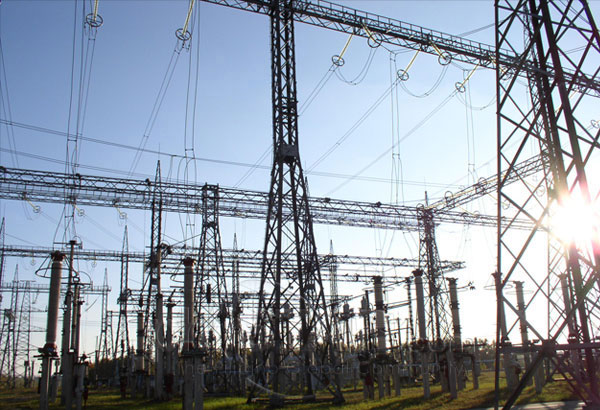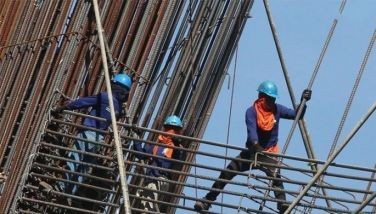RCEP ratification targeted next year
MANILA, Philippines — The Philippines aims to ratify the recently signed Regional Comprehensive Economic Partnership (RCEP) agreement next year, the Department of Trade and Industry said.
“For RCEP, our plan is to complete ratification and concurrence of the Senate by next year. Of course, 2022 is [an] election [year]. So, by next year, we should be done. That’s the target,” Trade Assistant Secretary Allan Gepty told reporters.
He said the RCEP could only enter into force when at least six members of the Association of Southeast Asian Nations (ASEAN) and three non-ASEAN partners have deposited their instrument of approval or ratification.
Once achieved, Gepty said the RCEP agreement would take effect after 60 days.
“So, our arrangement with other participating countries, we’ll work hard and hopefully by next year, we’ll be done,” he said.
Last Nov.15, the Philippines and the other ASEAN members Brunei Darussalam, Cambodia, Indonesia, Lao People’s Democratic Republic, Malaysia, Myanmar, Singapore, Thailand and Vietnam, as well as trade partners Australia, China, Japan, Korea and New Zealand, signed the RCEP after eight years of negotiations.
When ratified, the RCEP agreement will create the world’s biggest trade bloc.
RCEP will account for 27.8 percent of the world’s trade valued at $10.5 trillion, 23.6 percent of global inward foreign direct investments (FDI) and 33.5 percent of global outward FDI.
The agreement covers trade in goods and services, investment and economic cooperation, as well as emerging trade areas such as intellectual property, e-commerce, government procurement and competition.
In addition, it will support micro, small and medium enterprises’ development and facilitate their integration into the global value chain.
While there have been concerns raised by Trade Justice Pilipinas, an information hub for the national campaign for just and equitable trade, on RCEP such as lack of transparency in negotiations, as well as an expected increase in imports for most ASEAN nations including the Philippines, Gepty said the government has been constantly engaging with them and civil society organizations to discuss what sectors would benefit from the agreement.
He said among the sectors expected to benefit from the RCEP in terms of enhanced market access are auto parts, electronics, aerospace, chemicals, construction, garments, furniture, agribusiness and information technology – business process management.
Last year, RCEP participating countries accounted for 60.6 percent of the Philippines’ total merchandise trade and 11.4 percent of inward FDI.
- Latest
- Trending































